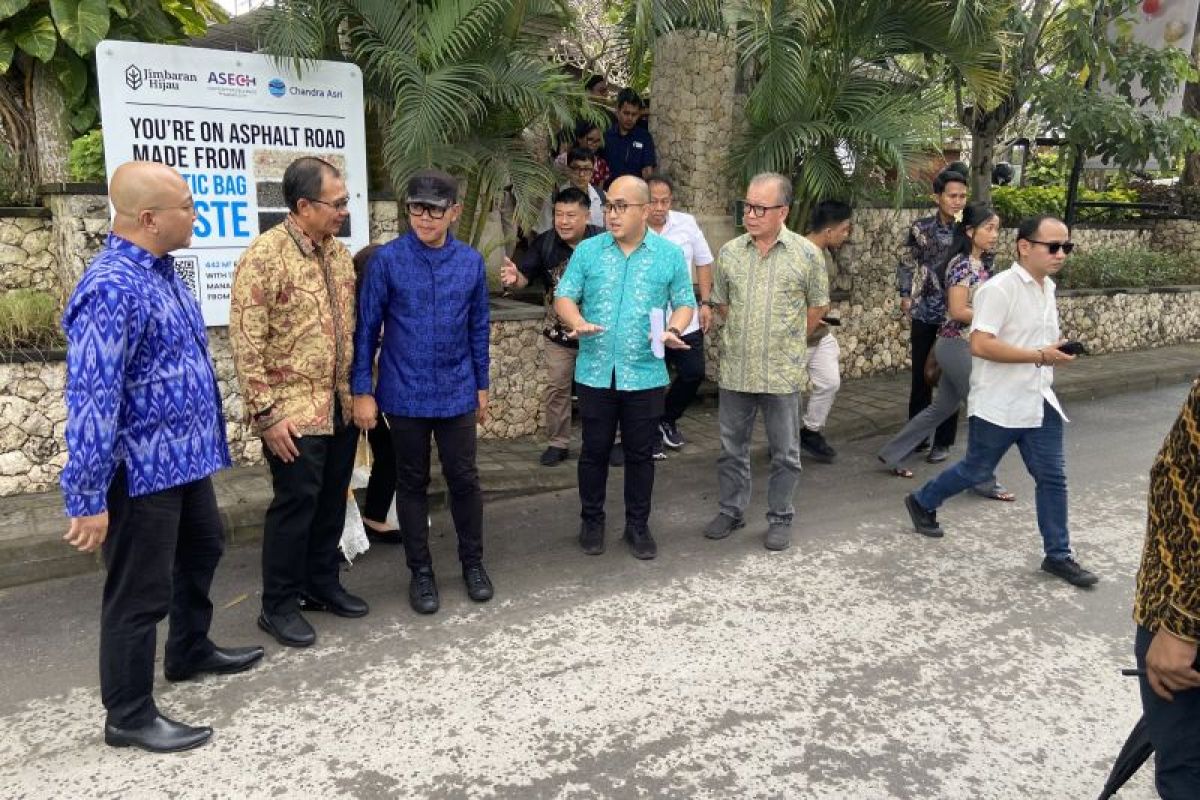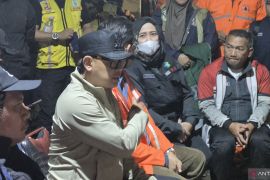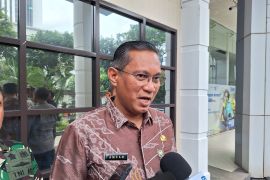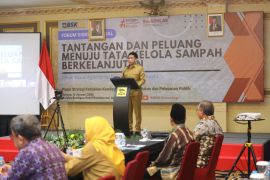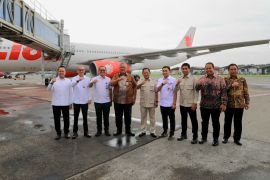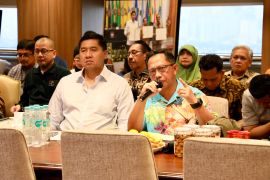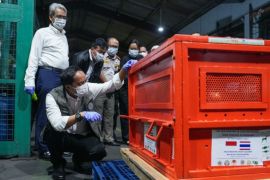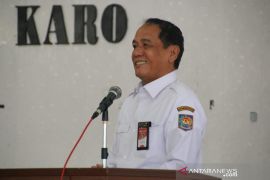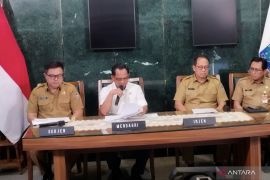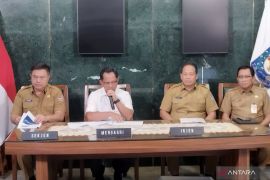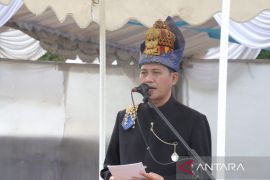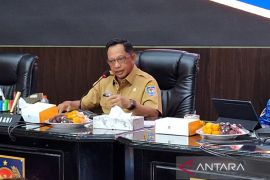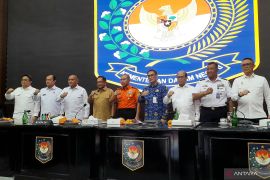Deputy Minister of Home Affairs, Bima Arya Sugiarto, said on Saturday in Badung Regency that the initiative has been proposed to Chandra Asri Group, the pioneer behind the plastic asphalt showcase at Jimbaran Hub, Bali.
“Through the Domestic Policy Strategy Agency at the Home Ministry, we will collaborate to create a comprehensive study. We’ll calculate plastic waste production and directly link it with the needs for road maintenance and land use across regions,” he informed.
According to Sugiarto, the initiative is expected to help align supply and demand, while helping local governments address the problem of plastic waste.
Based on the findings of the study, the government could issue appropriate regulations to provide legal backing for the large-scale production of plastic asphalt.
“Regulations must come first, along with pilot cities, regencies, and provinces to lead by example. Bali is an ideal showcase location -- it’s a paradise island facing challenges of ecosystem balance, tourism exploitation, plastic waste, and land-use change,” he added.
Currently, plastic asphalt costs about 3 percent more than conventional asphalt. However, Sugiarto said he is confident that with widespread adoption across the country, the cost will decrease over time.
According to the Ministry of Public Works, Indonesia has 48 thousand kilometers of provincial roads and 38 thousand kilometers of urban roads -- making it a promising market for plastic asphalt technology.
Moreover, seen from the principle of sustainable road construction, which rests on three pillars, social, environmental, and economic, the solution is environmentally friendly.
The deputy minister said that the ministry will push for expanding the use of plastic asphalt from Bali to other major cities that have sufficient regional budgets and infrastructure needs.
Meanwhile, director of legal, external affairs, and circular economy at Chandra Asri Group, Edi Rivai, affirmed the company’s readiness to support the government, citing its experience in using post-consumer plastic waste to build 120.8 kilometers of plastic asphalt roads nationwide.
For every one kilometer of road, approximately three tons of plastic waste was used, meaning over 1,500 tons of waste was processed by the company.
“This achievement highlights the significant potential of post-consumer plastic waste as a valuable asphalt-mixing material,” he said.
“We generally source the plastic waste from the regions where road projects are being carried out. However, we’ve also taken the initiative to collect plastic waste independently to support plastic asphalt production,” Rivai added.
He noted that moisture content is a key factor in plastic asphalt production. Tests show the optimal plastic waste mix ranges between 4 percent and 6 percent.
Related news: Dep. minister urges household-level action to tackle waste crisis
Related news: North Jakarta pressed to accelerate waste management roadmap
Translator: Primayanti
Editor: Aditya Eko Sigit Wicaksono
Copyright © ANTARA 2025
